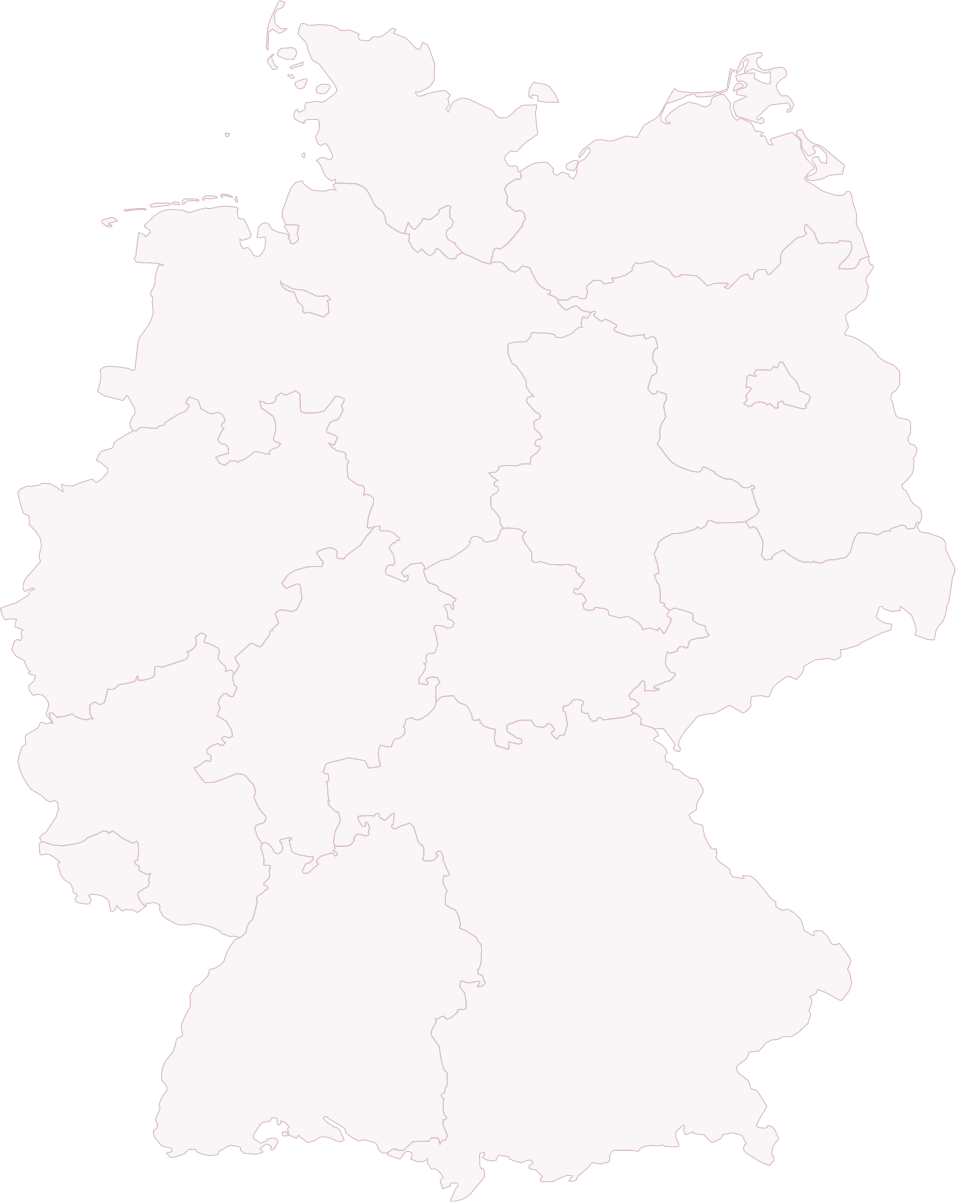Your fertility
centre Deutsche Klinik Bad Münder
In the past, involuntary childlessness was an unavoidable fate, but nowadays there are many individual treatment options, depending on the underlying cause. The Deutsche Klinik Bad Münder, near Hanover, specialises in the diagnosis and treatment of the unfulfilled desire to have children. We are here for you if you are unable to conceive naturally.
Address:
Hannoversche Straße 24
31848 Bad Münder








